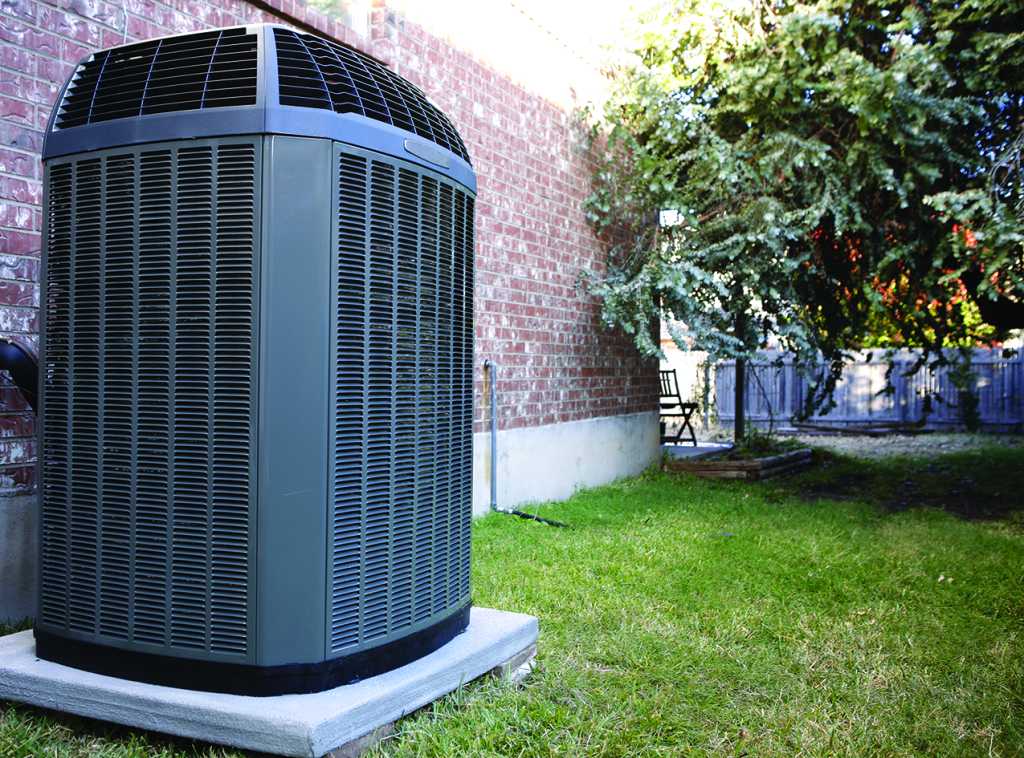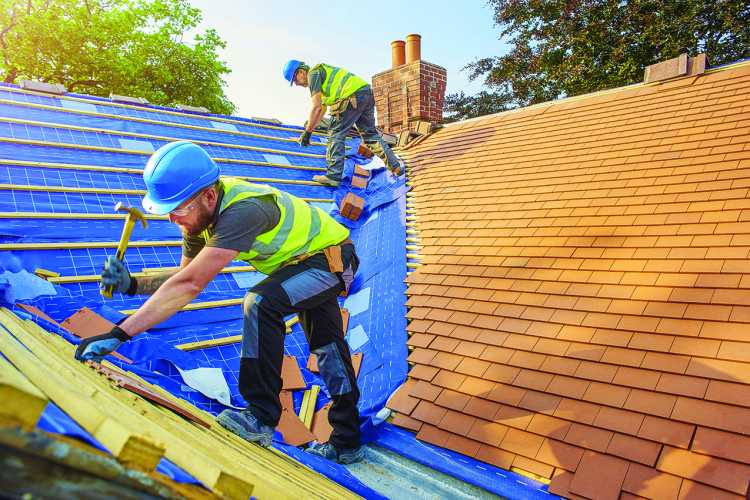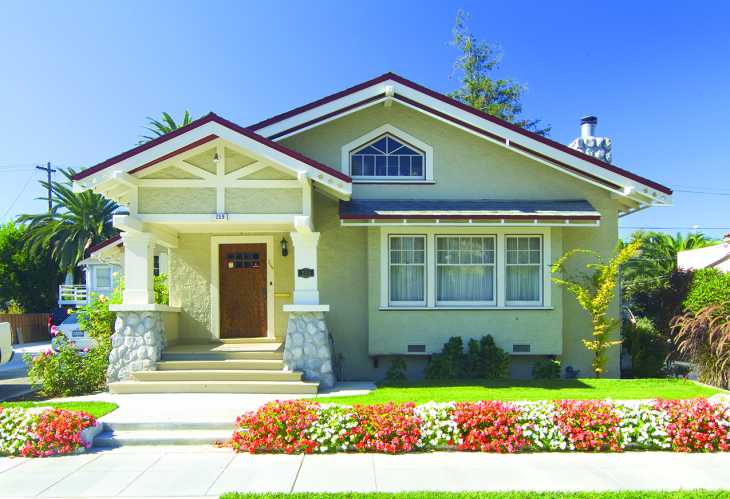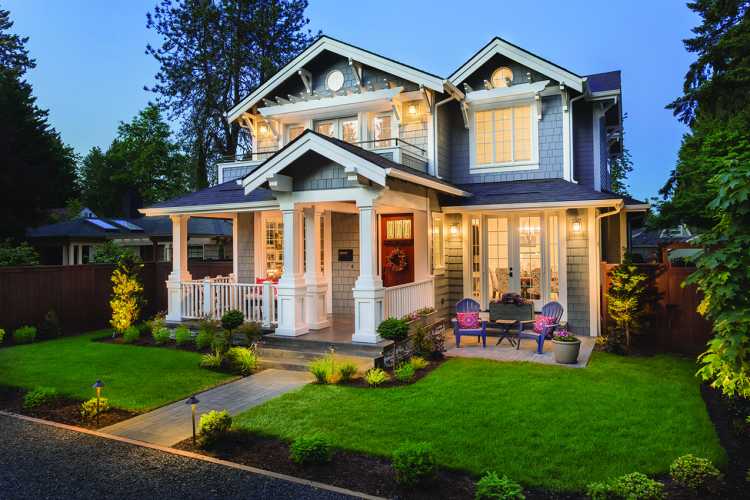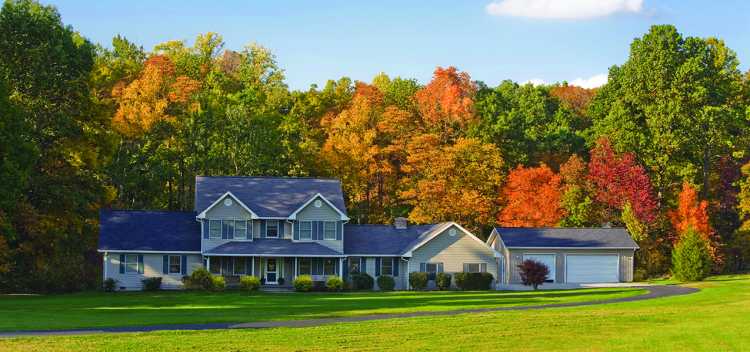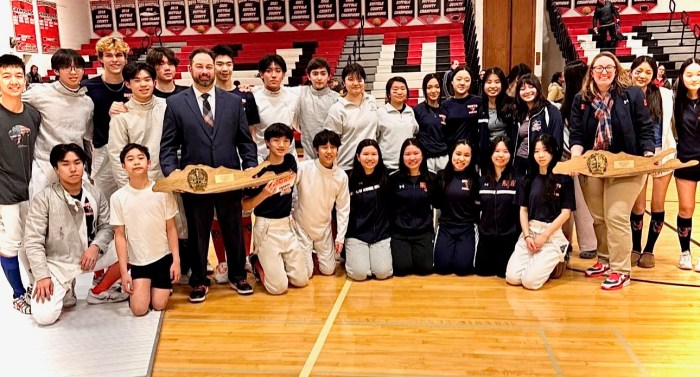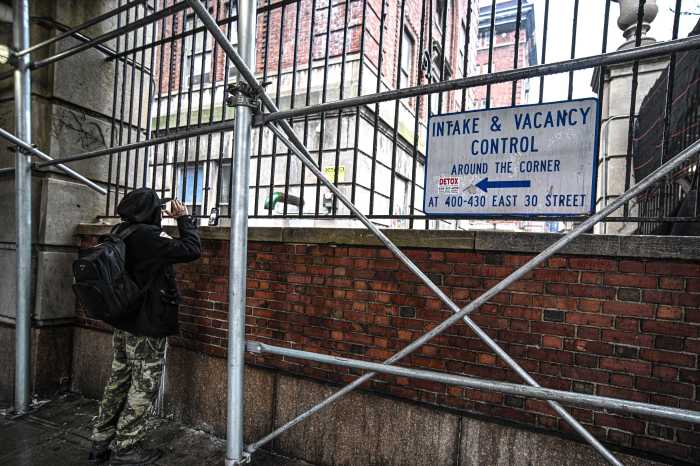Summer is a season of relaxation. Warm air, longer hours of daylight and vacations from school and work make summer a laid-back time of year.
Many people enjoy the warmer air of summer, but it’s important to have a cool place to retreat once temperatures become particularly warm. That means a well-cooled home with an air conditioning system operating at peak capacity. A new HVAC system can last between 15 and 25 years.
Homeowners whose systems are at least a decade and a half old can keep an eye out for the following signs that an HVAC may need to be replaced.
Higher energy bills: Energy costs can vary widely by location, but homeowners know that their energy bills have been on the rise for years. FirstEnergy estimated that energy costs for New Jersey residents in 2025 could increase by more than 19% by the middle of the year, a point in time when many Garden State residents begin using their air conditioning units every day. That can make it hard to gauge if higher energy bills are a reflection of market price increases or a unit that needs replacement. But higher energy bills could indicate a unit is not working efficiently, which is a telltale sign of an HVAC that may need to be replaced. Compare energy bills from a year ago to current bills and then factor in the price increase. If energy consumption is on the rise compared to a year ago, that could indicate an HVAC unit is working less efficiently.
A humid home: Humidity is a part of summer, but it’s typically felt outdoors, not inside. A home with a humid interior while the AC is running could indicate a problem with the HVAC unit. According to HVAC.com, a functioning HVAC unit utilizes an evaporator coil to pull excess water vapor from the air in a home and drain it away from the home. If the air inside a home is humid, the unit might be having a mechanical issue that’s preventing this important task from being performed.
Frequent repairs: A telltale sign a unit needs to be replaced is the need for frequent repairs. Homeowners who are now on a first-name basis with their HVAC contractor may want to ask that professional if it’s time to replace the unit. Money being spent on frequent repairs may be better repurposed toward financing the purchase of a new unit that could last as long as a quarter century.
Poor air flow: An HVAC unit operating at peak capacity will produce a steady flow of cool air through the vents throughout a home. Poor air flow through those vents means it will take longer than normal to cool a home, and homeowners can put their hands near the vents to see how well or how poorly air is flowing through them. If air is flowing poorly, the unit will have to work harder to cool the home, which will contribute to higher energy bills.
A fully functional air conditioning system is vital in summer. Some telltale signs any homeowner can spot may indicate an existing HVAC unit needs to be replaced.
-Metro Creative Connection

